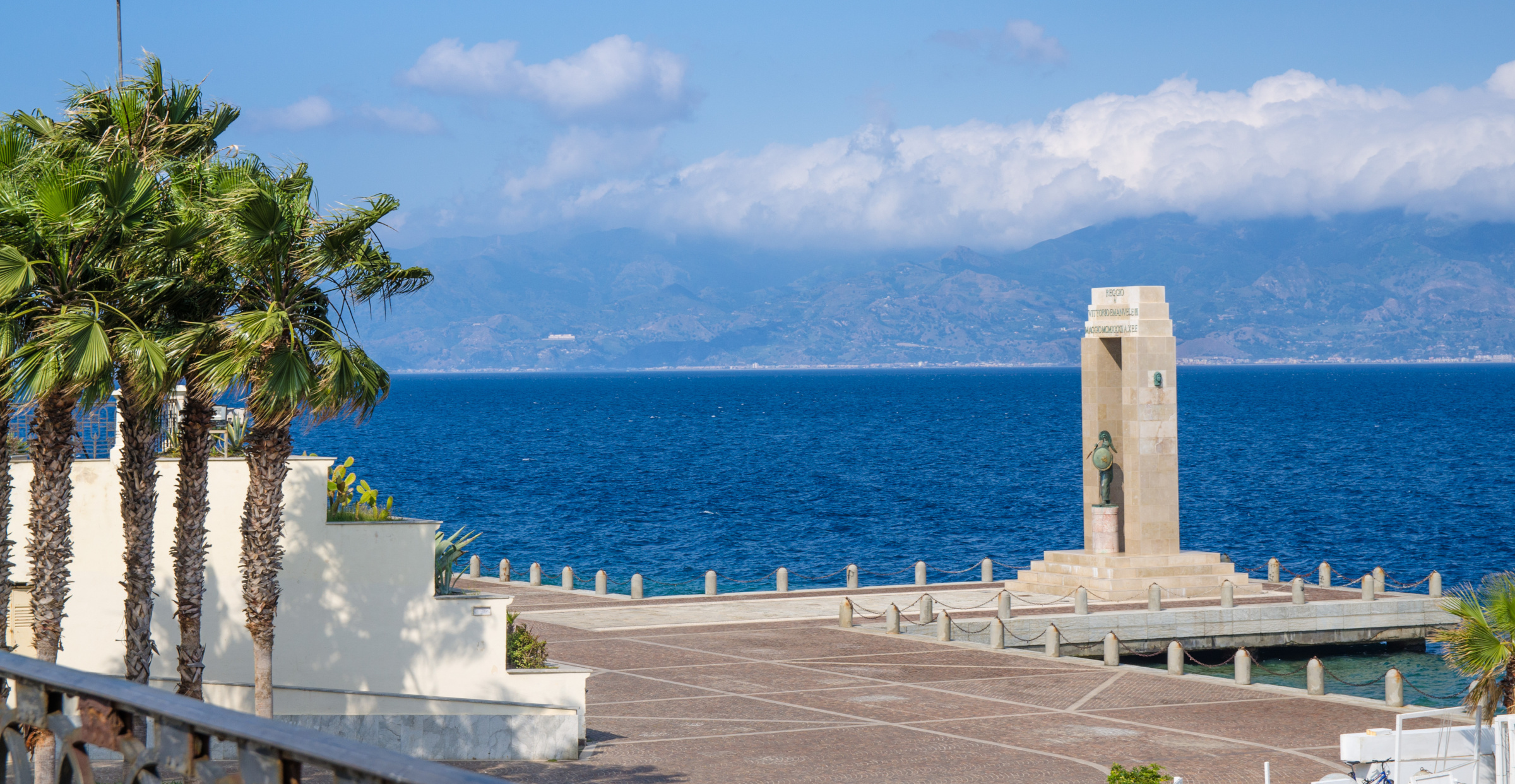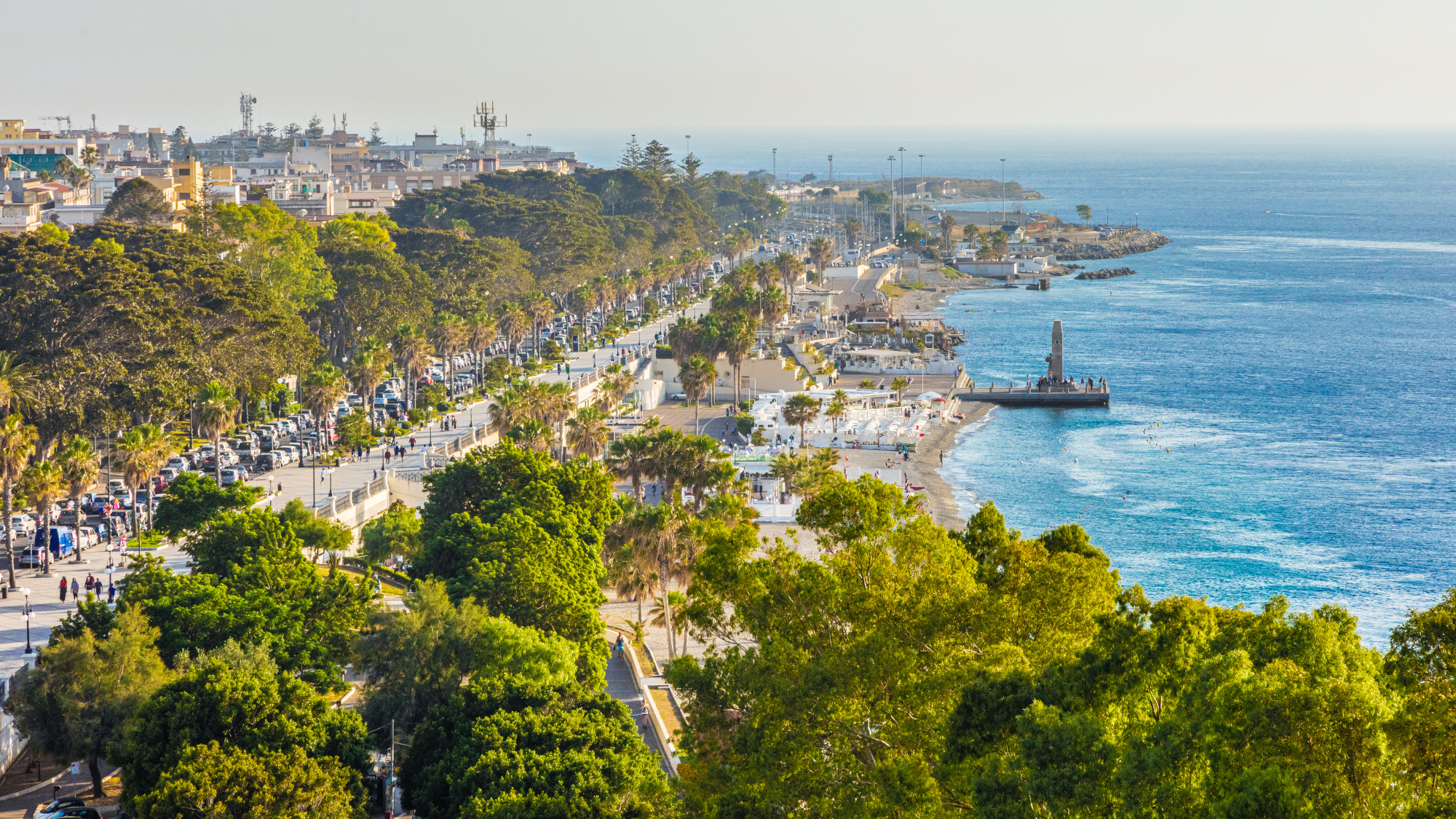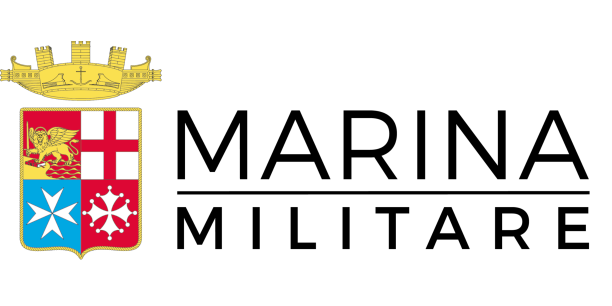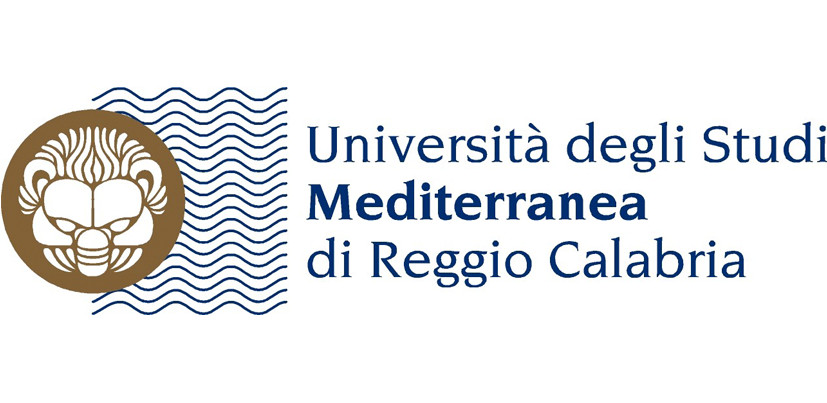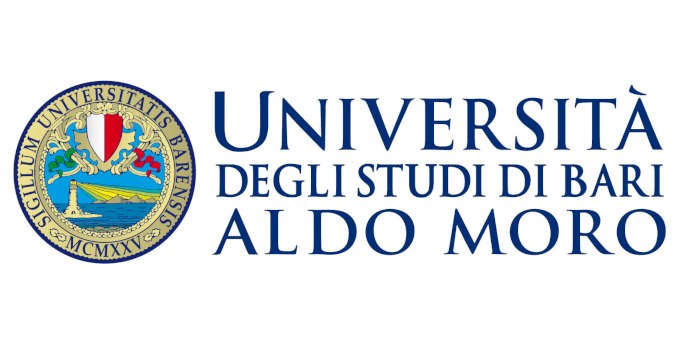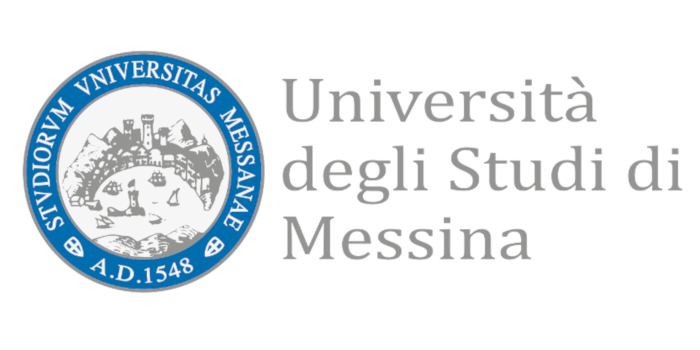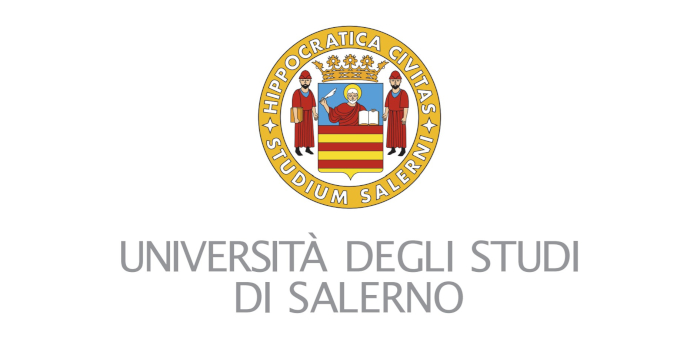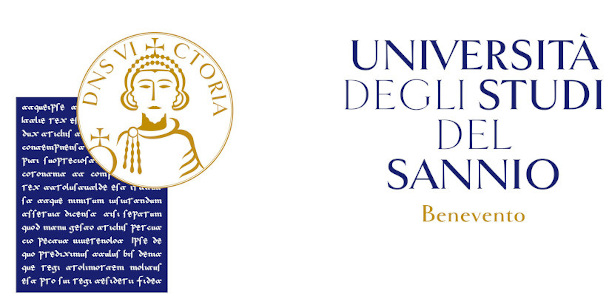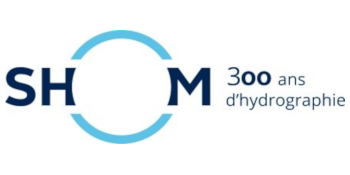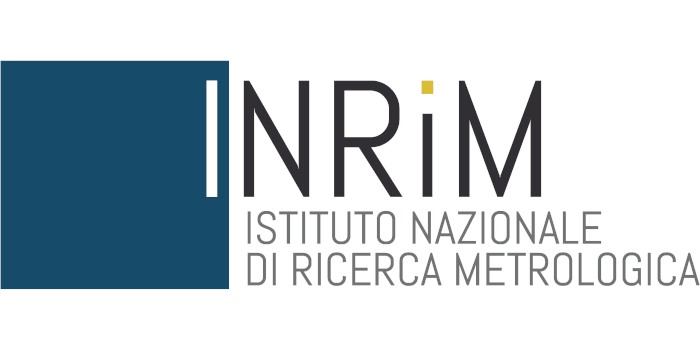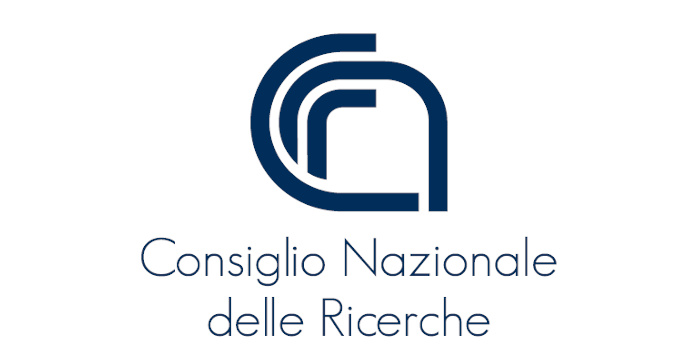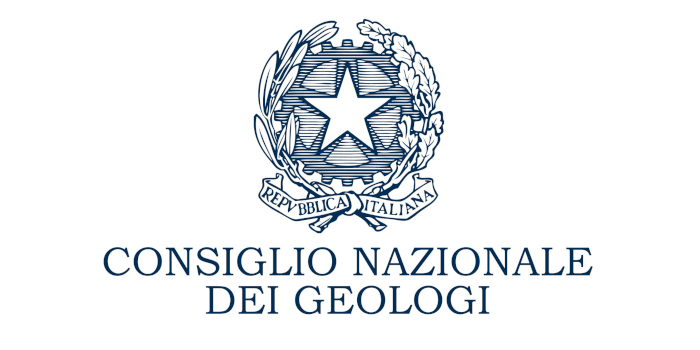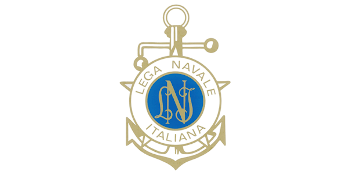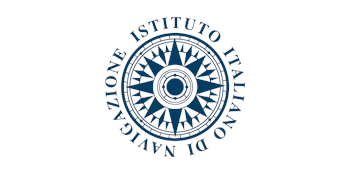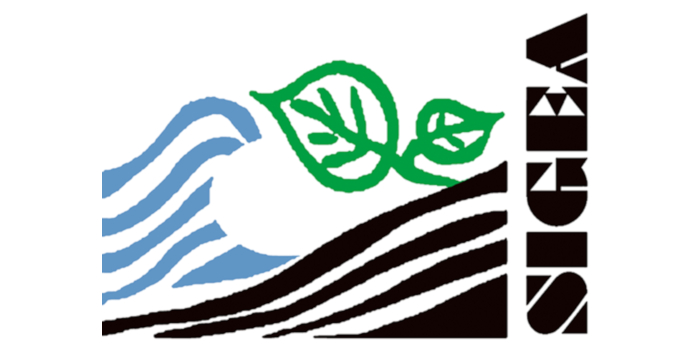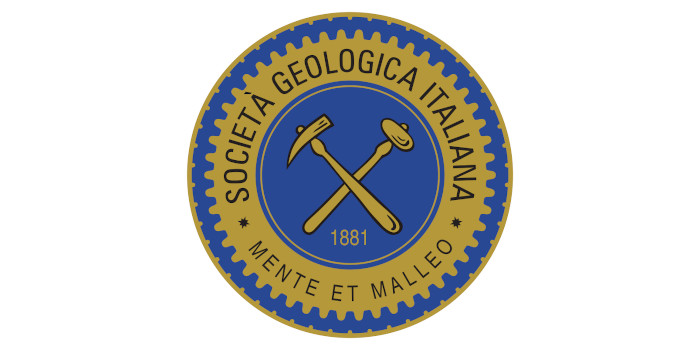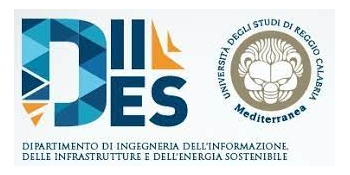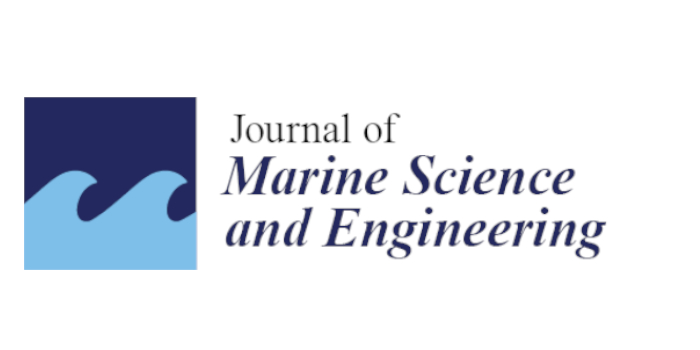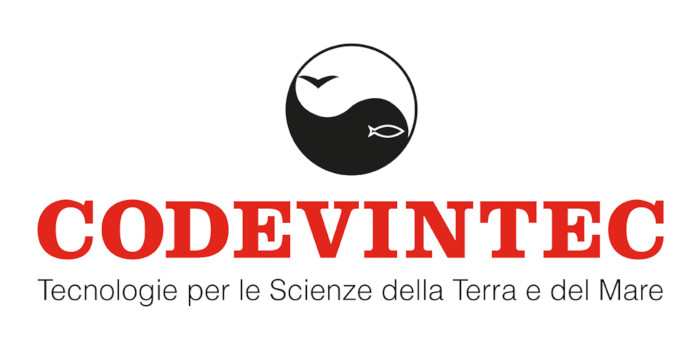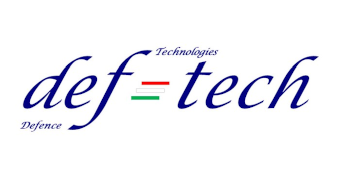Cybersecurity Technologies and Instruments for Naval Sensors and Systems (NavalCyberSec)
ORGANIZED BY

Alan Oliveira de Sá
Admiral Wandenkolk Instruction Center - Brazilian Navy, Brazil
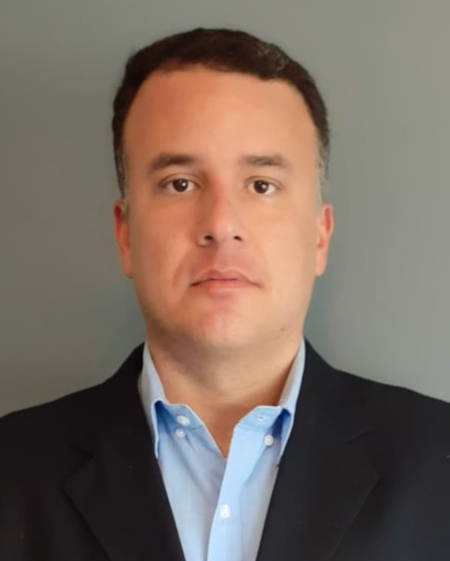
Raphael Carlos Santos Machado
National Institute of Metrology, Quality and Technology (Inmetro), Brazil
Fluminense Federal University, Brazil

Walmor Cristino Leite Junior
Brazilian Navy
ABSTRACT
The presence of cyber domain in the naval environment is growing. Maritime systems are inevitably following the worldwide trends and adhering to the cutting-edge technologies of Industry 4.0, Internet of Things (IoT), smart sensors, and others. The advantages brought by these technologies benefit a wide range of naval sectors, encompassing military and merchant navies, and offshore industries.
At the same time that cyber technologies provide several benefits to naval systems and maritime operations, they also make them prone to cyberattacks. Depending on the circumstances, a cyber threat affecting a naval system (military or civilian) may cause negative impacts on transportation, energy, defense, food and other industries. The consequences can result in environmental, economic and security losses. In this context, the cybersecurity of naval systems arises as a critical issue to be addressed.
TOPICS
NavalCyberSec Special Session at the 2021 IEEE International Workshop on Metrology for The Sea aims at discussing measurements, instruments and technologies for cybersecurity in naval systems. In this sense, NavalCyberSec seeks original contributions on the following themes (but not limited to):
- Security tools and instruments in the naval scope:
- Security Information and Event Management - SIEM
- Intrusion Detection Systems (IDS)
- Intrusion Prevention Systems (IPS)
- Vulnerability Management Systems
- Security Tests
- Security Event Correlation
- Cybersecurity of naval sensors and systems:
- Integrated Bridge Systems (IBS)
- Electronic Chart Display Information System (ECDIS)
- Dynamic Positioning (DP) systems
- Systems that interface with electronic navigation systems and propulsion/maneuvering systems
- Global Maritime Distress and Safety System (GMDSS)
- Radar and ARPA equipment
- Positioning systems (GPS, etc.)
- Automatic Identification System (AIS)
- Other monitoring and data collection systems
- Cybersecurity of sensors and systems in the offshore industry
- Offshore oil and gas industry
- Offshore wind energy industry
- Attack modelling and characterization of vulnerabilities in naval sensors and systems
- Standards, conformity and risk assessment for cybersecurity of maritime sensors and systems
ABOUT THE ORGANIZERS
Alan Oliveira de Sá holds a Ph.D. in Informatics at the Federal University of Rio de Janeiro (2019), received the M.Sc. degree in electronic engineering at the State University of Rio de Janeiro (2015) and graduated in electronic engineering at the Rio de Janeiro Federal Center for Technological Education (2006). He is currently Professor on cyberwarfare and electronic warfare fields at the Admiral Wandenkolk Instruction Center, Brazilian Navy. His research interests include cybersecurity, naval systems, defense systems, control systems, and intelligent systems.
Raphael Carlos Santos Machado is a Computer Science Researcher in the Brazilian National Institute of Metrology, Quality and Technology and is a Professor in the Fluminense Federal University, both in Rio de Janeiro. Raphael obtained his Ph.D. in Computers and Systems Engineering from the Federal University of Rio de Janeiro in 2010. He also has a M.Sc. degree in Applied Mathematics (2006) and a B.Sc. degree in Computer Science (2005), both from the Federal University of Rio de Janeiro. Raphael is mainly interested in the fields of Computer Security and Theoretical Computer Science, where he published more than one hundred papers in refereed journals and conferences.
Walmor Cristino Leite Junior holds a postgraduate degree in Information Security at Pontifical Catholic University of Rio de Janeiro (2020) and graduated in Naval Sciences at the Brazilian Naval Academy (2014). He is currently student at Brazilian Naval War College. His research interests include cybersecurity, defense and International Relations.
